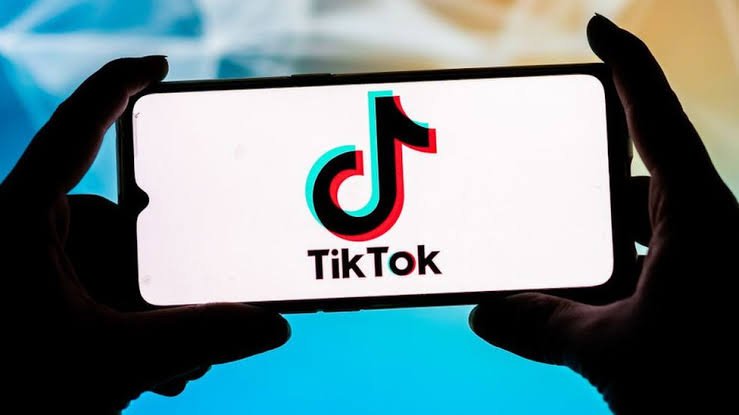Social Media Addiction Lawsuit Targets Big Tech Giants
A landmark legal case is making waves in the digital world, potentially affecting millions of social media users worldwide. The Social Media Addiction Multidistrict Litigation (MDL No. 3047) centres on the accusation that these platforms intentionally design features to foster addictive behaviour, leading to harmful consequences. The Drive Social Media Lawsuit underscores the growing legal scrutiny of these practices and could set a precedent for how digital platforms are regulated.
Whether you are an avid social media user, a legal professional, or a concerned parent, this lawsuit raises questions about accountability, behaviour, and regulation in the digital age.
Understanding the Lawsuit
Background of the Case
This lawsuit is unlike anything big tech has faced before. With 815 plaintiffs spanning a wide range of stakeholders, the case accuses leading social media companies of intentionally designing features that promote addictive behaviours. Features such as infinite scrolling, personalized recommendations, and push notifications are central to the accusations, as they are allegedly crafted to exploit psychological vulnerabilities, particularly among young users.
Key Claims
The lawsuit outlines several claims, including defective design, deceptive practices, and negligence. Plaintiffs argue that platforms prioritize profits over user well-being, leading to significant emotional, mental, and societal harm. State attorneys general emphasize the violation of consumer protection laws, noting that platforms have failed to adequately warn users, especially minors, of the risks involved with excessive usage.
Big Tech at a Crossroads
If successful, this lawsuit could result in substantial payouts, stricter regulations, and damage to the reputation of the defendants. The case compares the 1998 Tobacco Master Settlement Agreement, where tobacco companies faced immense legal and financial consequences for downplaying public health risks.
Yet, this time, the stakes might be even higher. With companies like Meta, Google, and ByteDance holding trillions in combined market capitalization, punitive damages may require billions of dollars to effectively “send a message.”
Legal Perspective
Grounds for the Case
The legal foundation of the lawsuit lies in several areas:
- Defective Design: Platforms are designed to maximize user engagement without sufficient safeguards to prevent addiction.
- Negligence and Public Nuisance: Social media addiction disrupts education systems and public productivity, placing indirect costs on schools and local governments.
- Consumer Protection Violations: The platforms allegedly failed to disclose the risks of addiction, misleading users into prolonged engagement.
Potential Outcomes
The case could lead to:
- Financial Settlements: If the case were classified as a class action, the damages could be distributed among millions of affected individuals, though individual payouts may be modest.
- Regulatory Restrictions: Similar to the restrictions placed on tobacco advertising after its settlement, platforms might be limited in using addictive design features or practices targeting minors.
- Policy Changes: Beyond damages, a court ruling might force these companies to implement better safeguards, transparency, and support for digital well-being.
For legal professionals, this case serves as a defining moment in tech regulation, posing unique challenges and opportunities for precedent-setting judgments.
Social and Behavioral Implications
The Hidden Cost of Notifications
Social media addiction is associated with a range of mental health issues, particularly in adolescents and young adults. Studies link excessive screen time to anxiety, depression, and even suicidal ideation. Platforms exacerbate these issues by fostering dependence on constant notifications and algorithm-driven content, pushing vulnerable users toward compulsive behaviours. YouTube unblocked provides unrestricted access to a vast array of videos; however, this ease of access can also contribute to extended screen time and intensify digital dependency if not used mindfully.
Responsibility vs. Autonomy
While tech companies argue that they provide tools like screen-time trackers to encourage responsible use, critics point out that these measures often lack effective implementation. Should accountability lie solely with users, or do platforms have a moral obligation to design systems prioritising well-being over engagement metrics?
Parental Concerns and Mitigation Strategies
For parents, the lawsuit highlights the growing concern of children’s social media habits. Platforms deemed safe or beneficial often mask the addictive mechanics behind seemingly innocent content, leaving parents to deal with the fallout.
How Parents Can Take Action
- Set Screen-Time Limits: Leverage built-in parental controls or third-party apps to regulate usage.
- Foster Open Conversations: Talk about the risks of social media addiction and encourage age-appropriate use.
- Promote Offline Activities: Encourage hobbies and activities that do not involve screens, such as sports, reading, or outdoor adventures.
- Stay Educated: Understand how algorithms work so you can make informed decisions for your family.
Parents are uniquely positioned to mitigate the issue individually, but systemic change from tech companies will ultimately provide the necessary support to reduce harmful effects.
What This Means for the Future of Social Media
This groundbreaking lawsuit marks a pivotal moment in the tech landscape. Social media giants have long operated in a space with relatively limited accountability, but growing public scrutiny and legal challenges are paving the way for change.
For users, the case is a reminder to approach social media critically, understand its benefits, and remain aware of its risks. It allows the legal community to redefine corporate responsibility in the digital era. And for parents, it underscores the importance of active involvement in their children’s digital lives.
The outcome of this lawsuit could influence the future role of technology in our lives. Will platforms prioritize well-being and transparency over profits? The stakes are high not just for tech companies but for all of us who log on and scroll daily.







